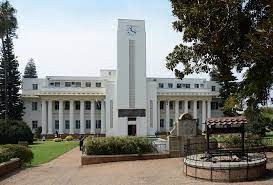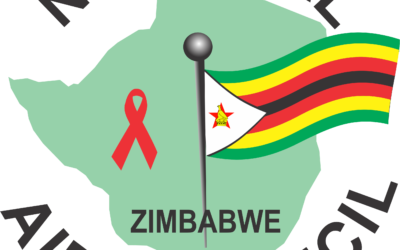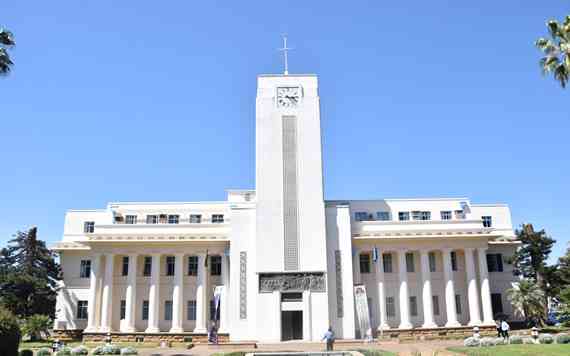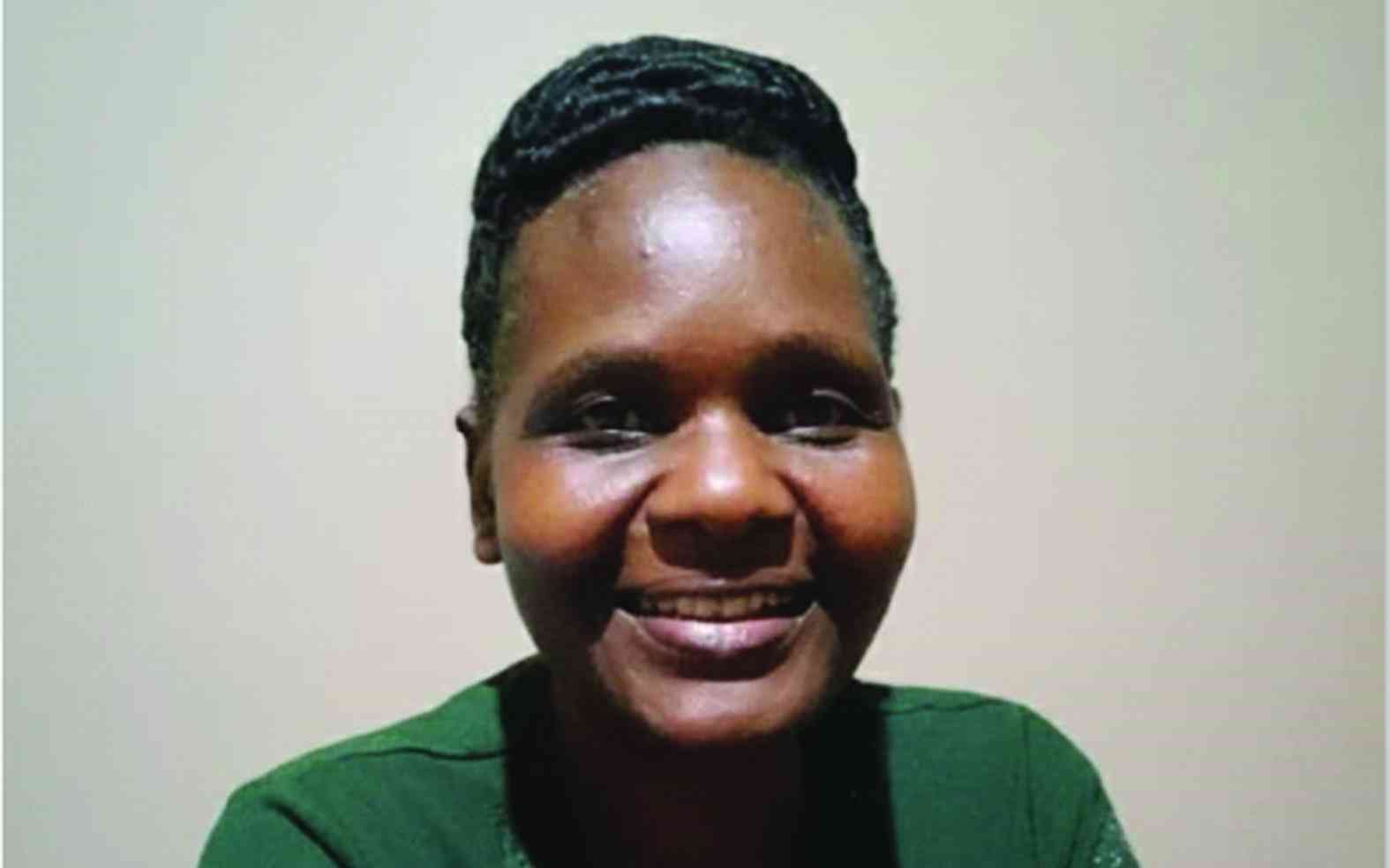
ABOUT 95% of water points samples collected recently in Bulawayo tested negative to faecal coliforms with 78% meeting all safety standards for key parameters, including high coliform count, non-faecal coliform, and faecal coliform.
The findings were revealed in the latest Bulawayo City Council (BCC) water quality monitoring report presented by the Director of Health Services, Edwin Mzingwane Sibanda.
A total of 19 routine bacteriological samples were collected from designated points and analysed by Criterion Laboratory.
“Results of the samples revealed the following: Out of the 19 water points sampled 18 (95%) were negative for faecal coliforms and 16 (84%) negative for non-faecal coliforms,” the report read in part.
“Only one sample (5%) had a high coliform count.
“Overall, 78 % of the samples were satisfactory with negative results for the three parameters (high coliform count, non-faecal coliform and faecal coliform).
In addition, on-site field tests were conducted at 18 water points to assess pH, residual chlorine, and turbidity levels.
All samples (100%) were satisfactory for these parameters
- Uproar over census figures
- Byo Arts Festival in turmoil…One year later, festival has yet to pay artists…Organisers play cat and mouse with artists
- Bulawayo struggles to clear housing backlog
- Kadoma talent show to fundraise for the deprived
Keep Reading
The council conducted sanitary inspections on 48 alternative water sources, including boreholes and water kiosks, with 40 found to be satisfactory.
"Water from all the boreholes and water kiosks tested was satisfactory when tested for pH and turbidity,” the report said.
“Health education was conducted targeting communities using the alternative water sources inspected.”
The campaigns were held to promote safe water storage, handling, and domestic treatment methods.
“Nine schools namely Imbizo Primary school, Emakhandeni High School, Matshayisikhova Primary School, Dumezweni Primary School, Ngwalongwalo Primary School, Pumula High School, Godlwayo Primary School, Premier High School and JW Mthimkhulu Primary School were inspected."
Only seven schools were found with functional health clubs.
Emakhandeni High faced water supply challenges, including low municipal pressure and a non-functional borehole, hindering hygiene practices.
The council said it continues to monitor water quality and promote public health measures to ensure safe water access.
Council has previously warned residents against using borehole water for drinking and cooking without boiling it to prevent diarrhoea.
This follows concerns from residents over discoloured water coming out from their taps.
Bulawayo is emerging as the country’s diarrhoea epicenter due to the ongoing water crisis and collapsing sewer reticulation systems.
In June 2020, a killer diarrhoea outbreak killed 13 residents of Luveve suburb and infected over 2000 others.
Since then, the city has been battling recurring diarrhoea outbreaks.









